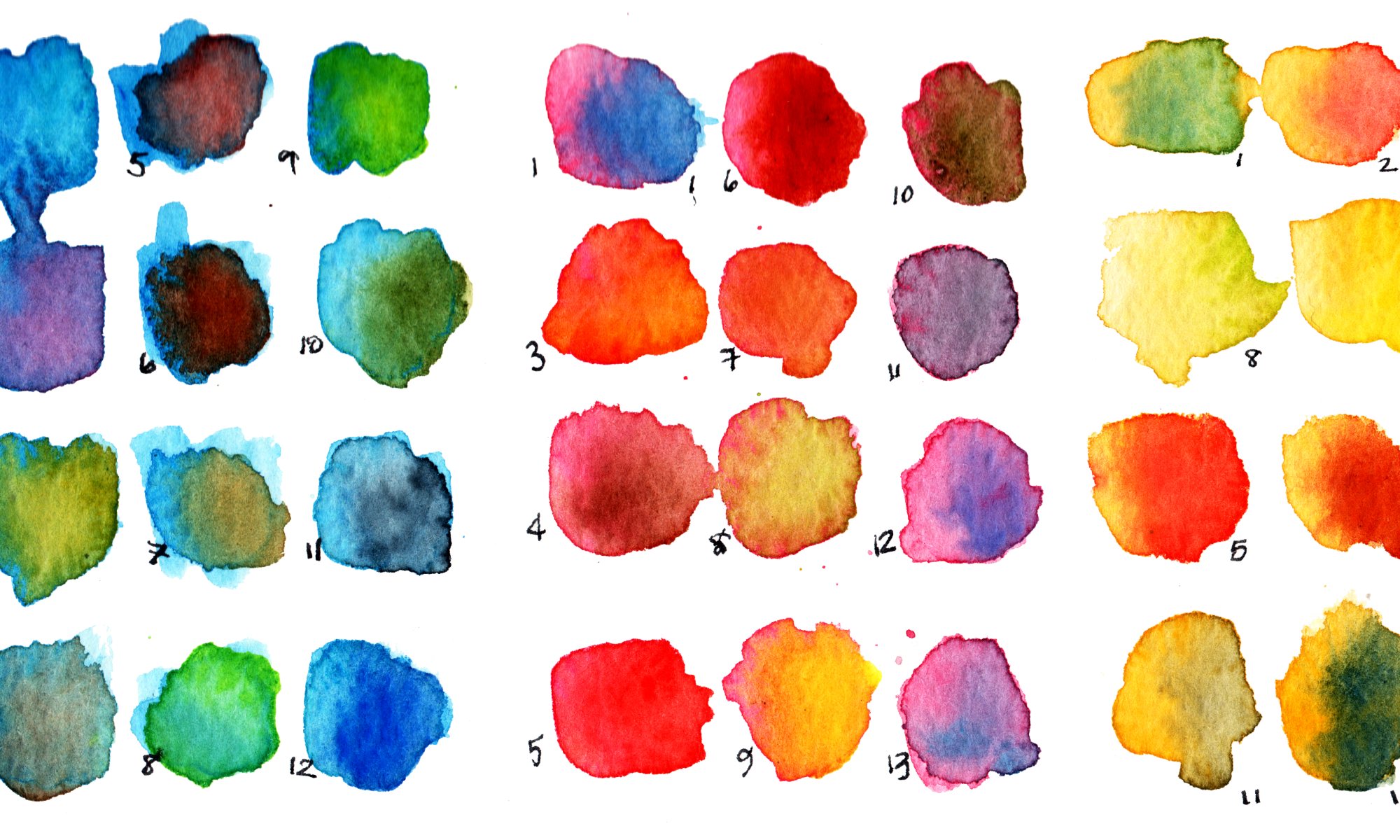
Origins of a Friday-morning “rabbit hole”: Can’t we make/let writing be easier?!
We’ve been hearing a lot of handwringing and concern about ChatGPT up-ending education. We’ve also been hearing a lot of innovative ideas about how to engage with ChatGPT as a teaching tool (which is, let’s be clear, mainly an effort to make sure ChatGPT doesn’t become the beginning and end of student work and writing).
Of all the approaches I’ve heard, the one that seems most straightforward is to have students use ChatGPT to generate first drafts. That would get developing writers past the daunting blank page, wrangle some initial thoughts into a form that can be refined and enhanced, etc., etc.
But, there’s been a thought tickling the back of my mind as I’ve listened to all these discussions, chatted a bit about it with colleagues, and even shared some commentaries with folks looking for perspectives: “Are we really only going to set up these frameworks of expectation and standards of use/engagement for students?”
Yes, there are already some cite-the-bot or attribute-co-authorship policies coming online.
But, I’m actually thinking more of our own writing, at our own keyboards.
Surely, even the writery writers among us would love to have that first draft be easier.
Continue reading “Can ChatGPT write a #SciComm grant proposal?”



